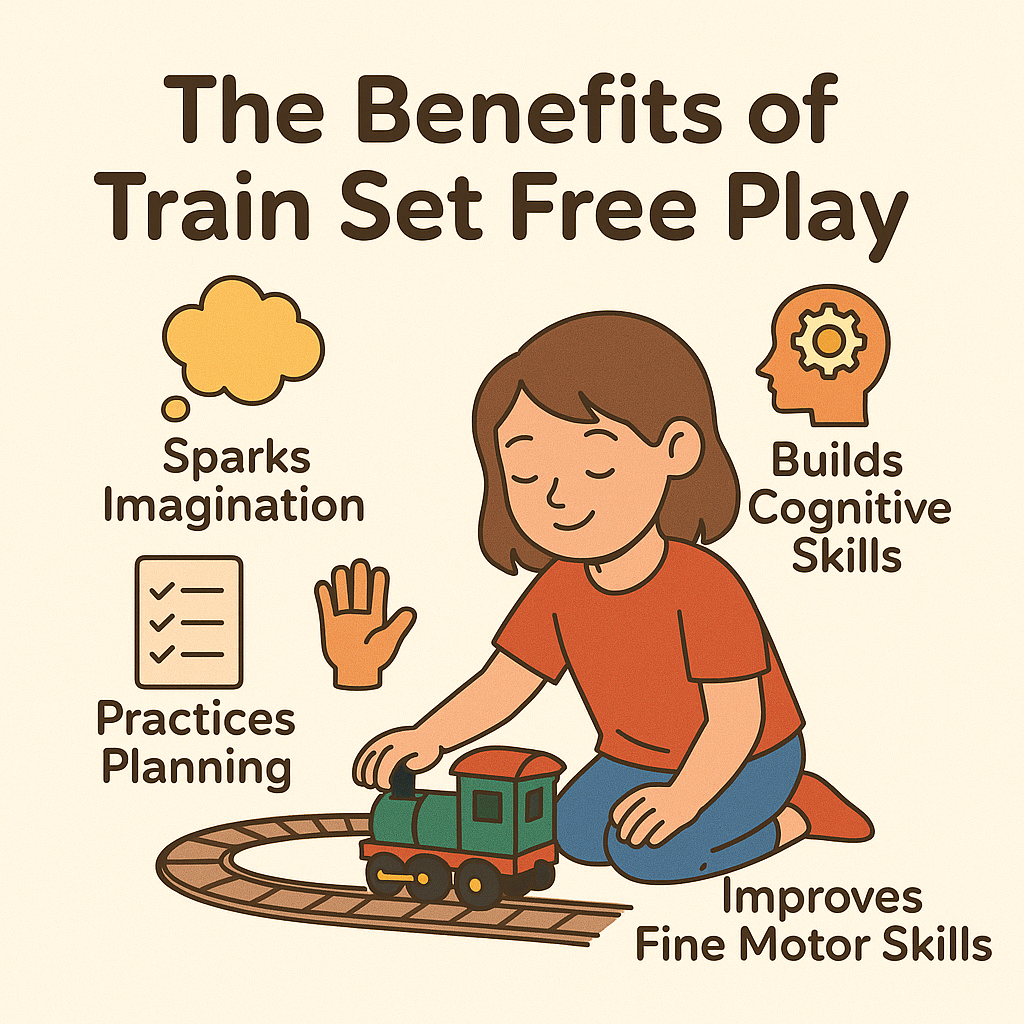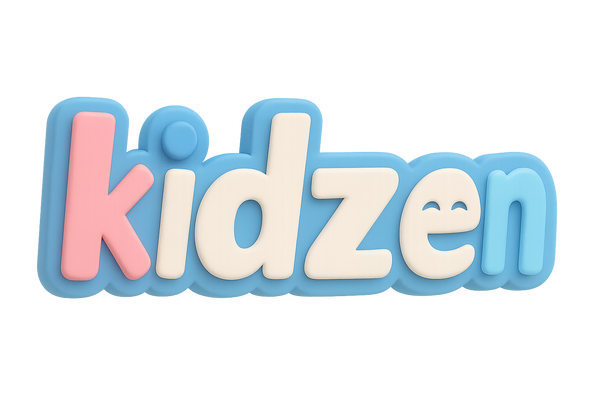
The Power of Train Set Free Play in Child Development
Share
Train sets have long captured the hearts of children around the world. Beyond the joy of watching cars glide along the tracks, freeform play with train sets is a rich developmental experience. When children are allowed to build tracks and create stories without adult instruction or pre-set goals, they unlock a host of emotional, cognitive, and physical benefits.
Let’s explore why unstructured play with trains can be such a powerful tool for childhood growth.
🎨 1. Sparks Imagination and Narrative Thinking
Train play naturally invites storytelling. Children often give characters to the trains, build stations, assign destinations, and invent dramatic journeys. According to research by Nicolopoulou (2010) in Developmental Review, narrative-based pretend play enhances children's language skills, symbolic thinking, and the ability to structure complex ideas.
A simple wooden train becomes a dragon-saving hero or the mayor of a miniature town—fueling creativity and flexible thinking.
🧠 2. Builds Spatial Reasoning and Cognitive Skills
Constructing tracks in imaginative ways requires spatial planning, sequencing, and mental rotation—critical early STEM skills. A 2014 study in the Journal of Applied Developmental Psychology found that spatial play, including building train tracks, strongly correlates with later math achievement.
Children must figure out how curved and straight tracks connect, how to create loops, bridges, or crossings, all of which engage problem-solving pathways in the brain.
🖐️ 3. Improves Fine Motor Skills and Hand-Eye Coordination
Assembling train tracks, placing trains on rails, and pushing them along requires dexterity. A study published in Early Childhood Education Journal (2011) demonstrated that manipulative play with construction and movement-based toys enhances fine motor development and coordination.
The hands-on nature of train play builds precision and strength in small muscles—essential for writing, cutting, and self-care tasks.
📋 4. Encourages Planning and Persistence
Freeform track building is more than random fun—it involves planning routes, testing configurations, and solving layout challenges. Children must experiment and refine designs. Research from Developmental Science (Casey et al., 2008) supports that such iterative problem-solving boosts executive function skills like planning, memory, and attention.
When their track doesn't work or a train derails, children learn to persist and troubleshoot—gaining patience and resilience.
👩👧 5. Promotes Social Interaction and Emotional Learning
Train sets are often shared among siblings or friends, becoming a collaborative space for negotiation and role play. In a 2015 study by Ramani et al., cooperative construction play was shown to increase prosocial behaviors, verbal interaction, and emotional understanding among preschoolers.
Through shared stories and joint track building, kids learn to communicate, take turns, and develop empathy.
🌈 In Conclusion
Train set free play is more than a classic toy experience—it's a developmental powerhouse. When children are left to explore and create on their own terms, the tracks they build help form the foundation for imagination, cognition, and character.
So let them lay tracks through the living room, build tunnels under chairs, and ride their trains into new adventures. 🚂💡
Because every twist and turn on those tracks is a journey toward growth.
